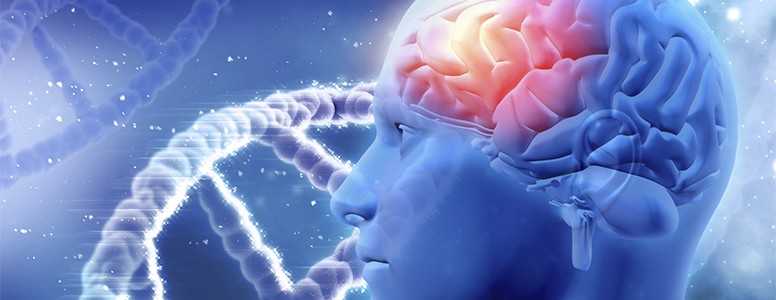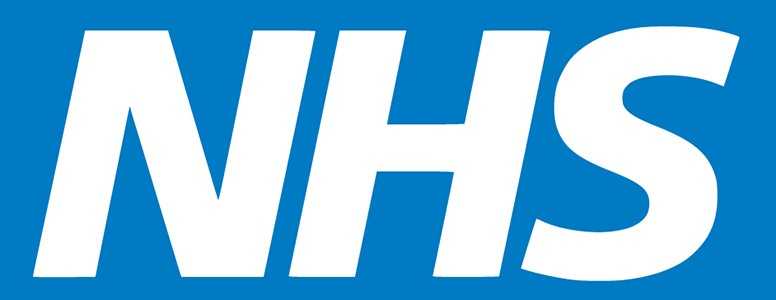Research into why blood glucose levels rise after meals could provide a better understanding of how type 2 diabetes develops.
Yale School of Medicine scientists report that postprandial blood sugar spikes are controlled by the brain’s neuronal mitochondria, which is responsible for energy production. This is considered to be the “powerhouse of cells”.
This finding contradicts the understanding that blood glucose levels are primarily controlled by insulin, the liver and the muscles.
Senior author Sabrina Diano said: “The findings imply that alterations in this mechanism may be crucial for the development of metabolic diseases such as type 2 diabetes, in which the body is not able to clear the blood [of] high levels of sugar that occur after meals.”
In the study, Yale researchers investigated how neurons in the brain respond to glucose. They found that mitochondria of neurons “feel” changes in circulating glucose levels, and that adaptive changes in the mitochondria play a key role in the body’s ability to handle glucose in the blood.
Diano said: “We found that when sugar increases in the body, mitochondria in subsets of brain neurons rapidly change their shape and their function is altered.”
The researchers then generated multiple mouse models to either be without uncoupling protein 2 (UCP2), a mitochondrial protein; or possess varying amounts of UCP2 in brain cells that sense circulating glucose levels.
When the study team increased the amount of sugar the mouse models received, they observed that mitochondria in subsets of brain neurons had altered shape and function. These changes had a powerful impact on circulating glucose levels and affected several peripheral tissue functions.
Diano’s team will now evaluate whether changes in this mitochondrial mechanism in the brain are associated with the development of type 2 diabetes.
The findings were published in the journal Cell.
What's new on the forum? ⭐️
Get our free newsletters
Stay up to date with the latest news, research and breakthroughs.








